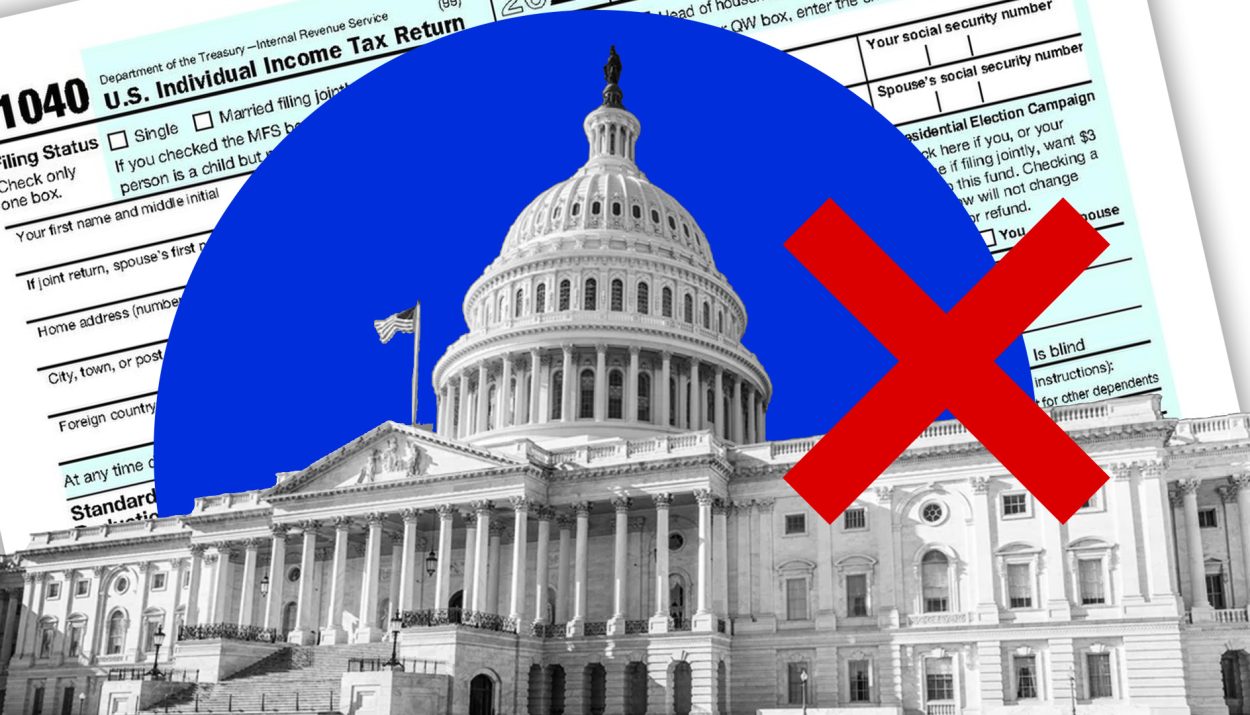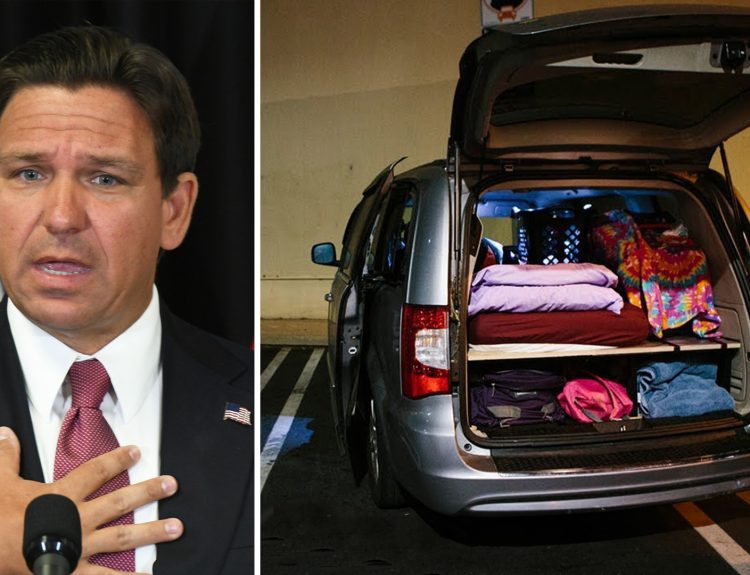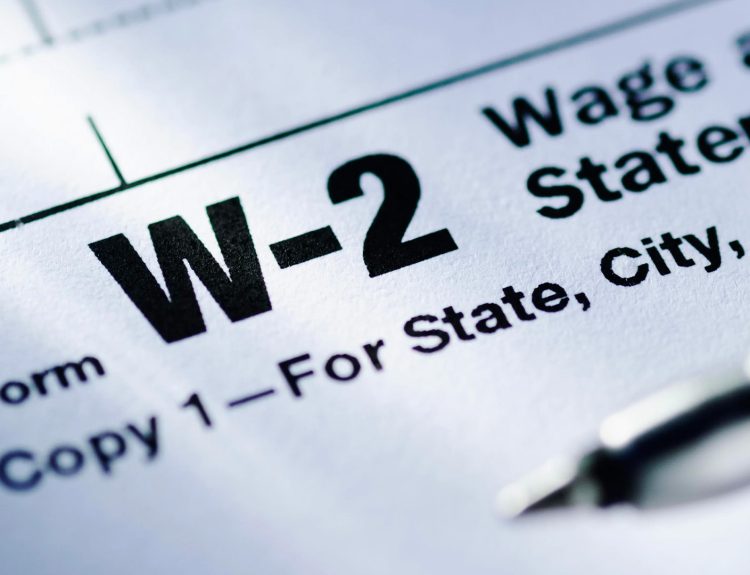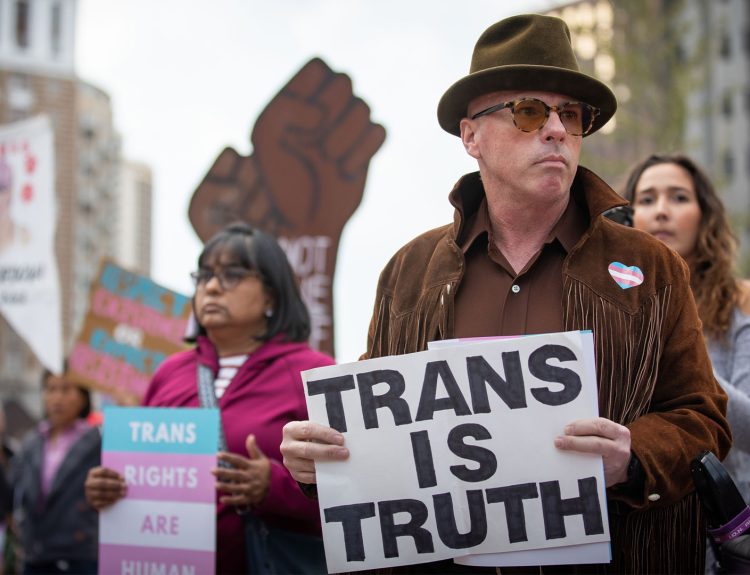A new initiative in Washington State aims to ban personal income taxes. If passed, Initiative 2111 would prohibit the state legislature from taxing any income an individual or household earns.
While Washington has no personal income tax, the initiative seeks to constitutionally bar future lawmakers from enacting such a tax. The supporters argue it will promote economic growth and competitiveness, while opponents warn of impacts on education, infrastructure, and other public services.
Eliminating Personal Income Taxes
Initiative 2111 seeks to ban personal income taxes in Washington state officially. Business owner Brian Heywood and Republican state representative Jim Walsh proposed the initiative. If passed, I-2111 would prohibit the state government and local jurisdictions from imposing or collecting income taxes.
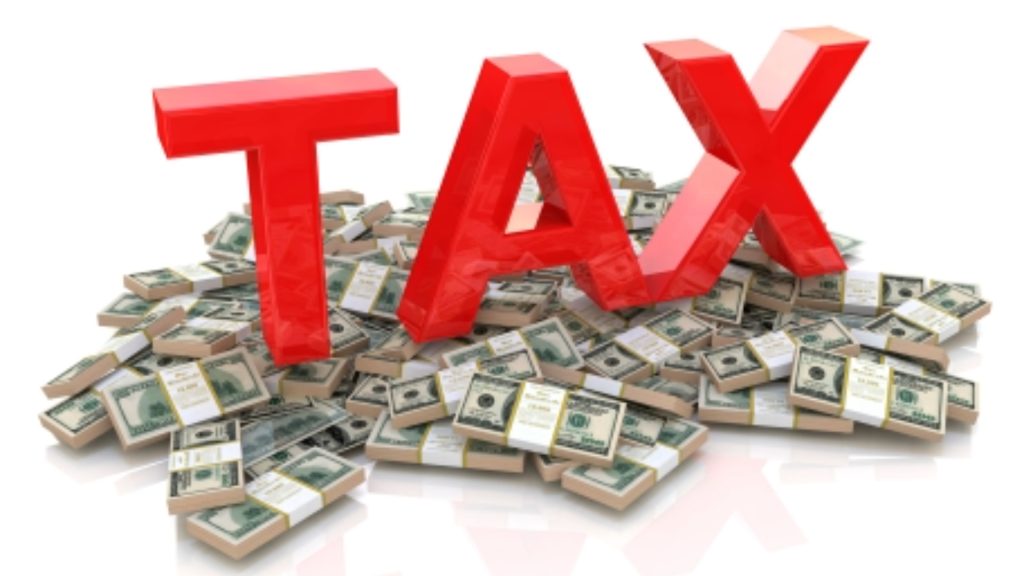
Supporters argue that Washington residents have rejected income taxes in the past and want to ensure they remain prohibited. However, opponents counter that banning income taxes restricts the state’s ability to address tax inequality and maintain sufficient revenue.
Arguments For the Initiative
Proponents claim Washington voters have repeatedly rejected income taxes and want them banned. Heywood asserts, “If we have told you once, we have told you eleven times: we do not want any type of income tax in Washington state.”

Supporters argue income taxes are unnecessary given the state’s large budget surplus. Walsh argues, “Despite over $19 billion in surplus funds taken from taxpayers, radical progressives in Olympia are still trying to figure out ways to create an income tax.”
Arguments Against the Initiative
However, others argue that I-2111 is shortsighted and could create issues in the future. Dylan Grundman O’Neill of the Institute on Taxation and Economic Policy says, “States that go down this road of restricting the tax options available to residents and their representatives often have more trouble addressing upside-down tax codes, recovering from recessions, and maintaining adequate revenue in a changing economy.”

He notes Washington already has a “severely imbalanced” tax code that taxes the wealthy at much lower rates than middle- and low-income families. Banning income taxes would do nothing to fix this issue and reduce options for reform.
Current Tax Structure in Washington State
Washington state currently has no personal income tax. Instead, the state government relies primarily on sales and business taxes for revenue. According to the Tax Foundation, Washington has the most regressive tax system in the nation.
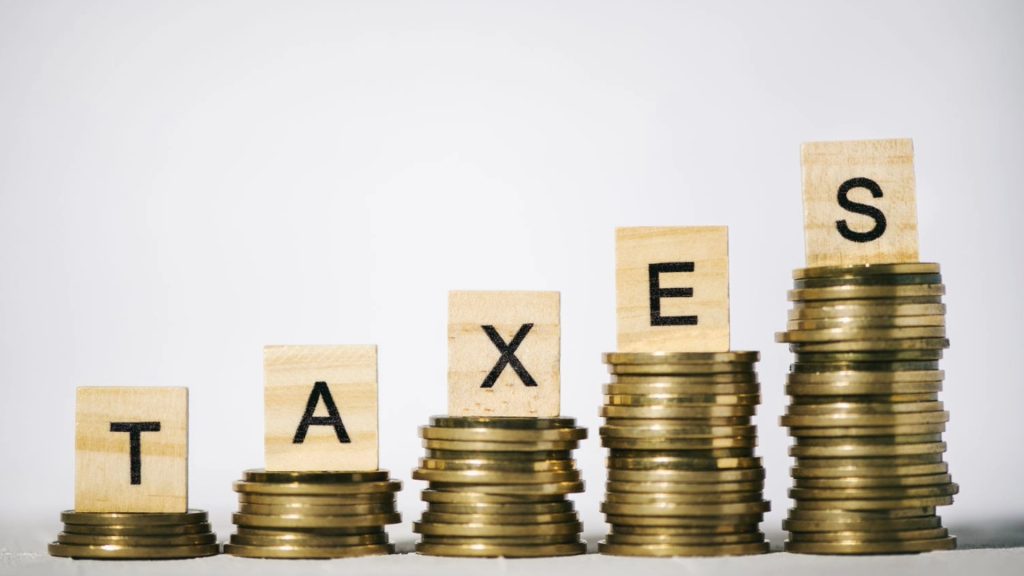
Sales Tax Washington has a 6.5% statewide sales tax, though some cities and counties charge additional local sales taxes that can raise the total sales tax rate to over 10% in some areas. Sales taxes disproportionately impact lower-income households, who spend much of their income on taxable goods and services.
Other Taxes
Washington also relies on excise taxes on tobacco, alcohol, fuel, and vehicle licensing for tax revenue. Property taxes provide funding for K-12 schools and local governments. Estate, inheritance, and gift taxes in Washington were repealed in 2012.
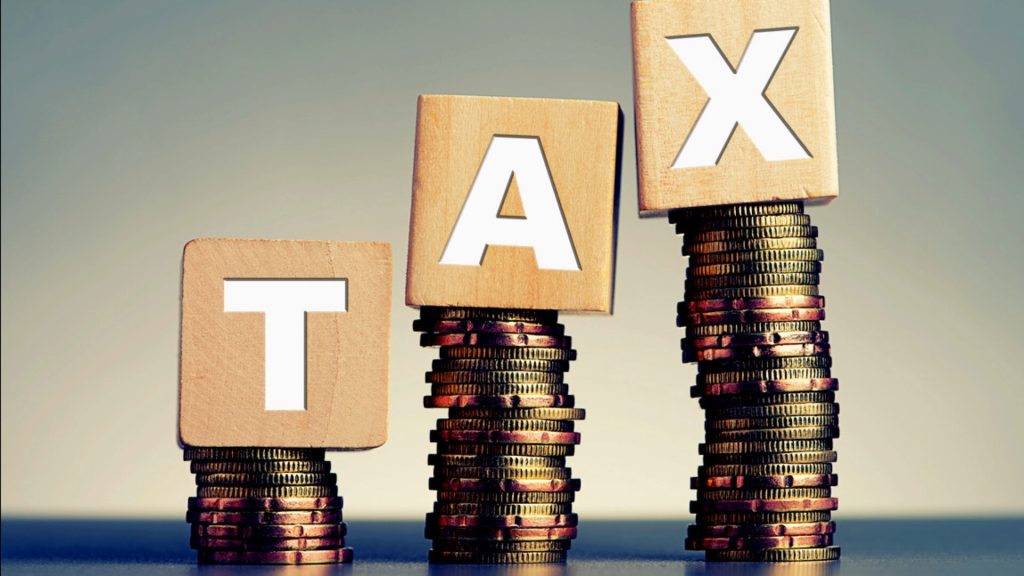
Opponents of Initiative 2111 argue that cementing the ban on income taxes in the state constitution will undermine the ability of legislators to establish a fairer and more balanced tax system in the future. T
Details of the Proposed Ban on Personal Income Tax
The initiative seeks to amend the Washington State Constitution to prohibit the imposition of income taxes. Initiative 2111 would forbid state and local governments from levying individual or corporate income taxes if passed.
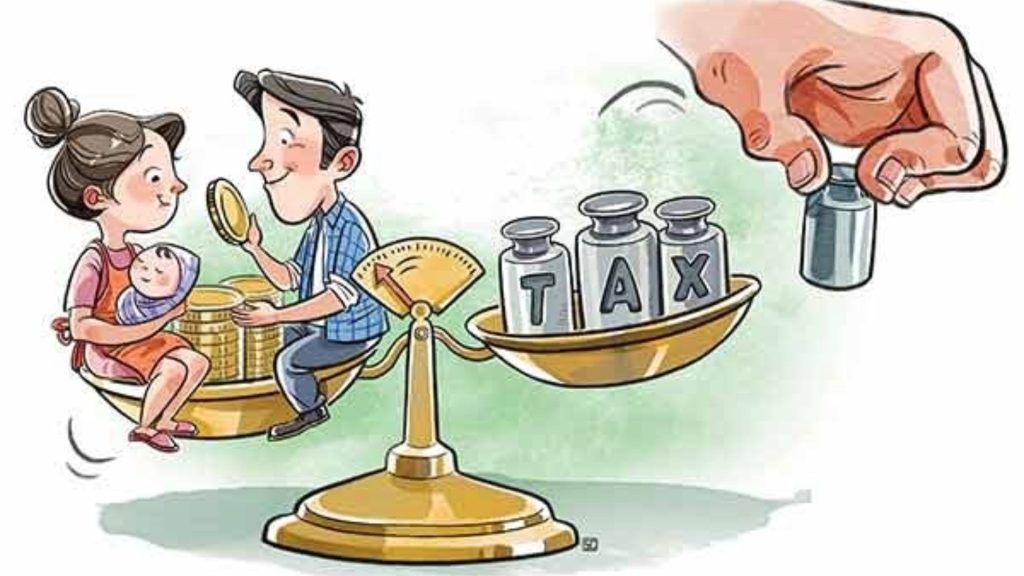
Supporters argue that income taxes are unnecessary in Washington, as the state has functioned without them for decades and currently enjoys a budget surplus.
Potential Impacts
The passage of I-2111 may significantly affect Washington’s tax system and budget. According to the nonpartisan Institute on Taxation and Economic Policy, Washington already has one of the most regressive tax systems in the U.S., with low-income households paying up to six times the tax rate of the wealthy.
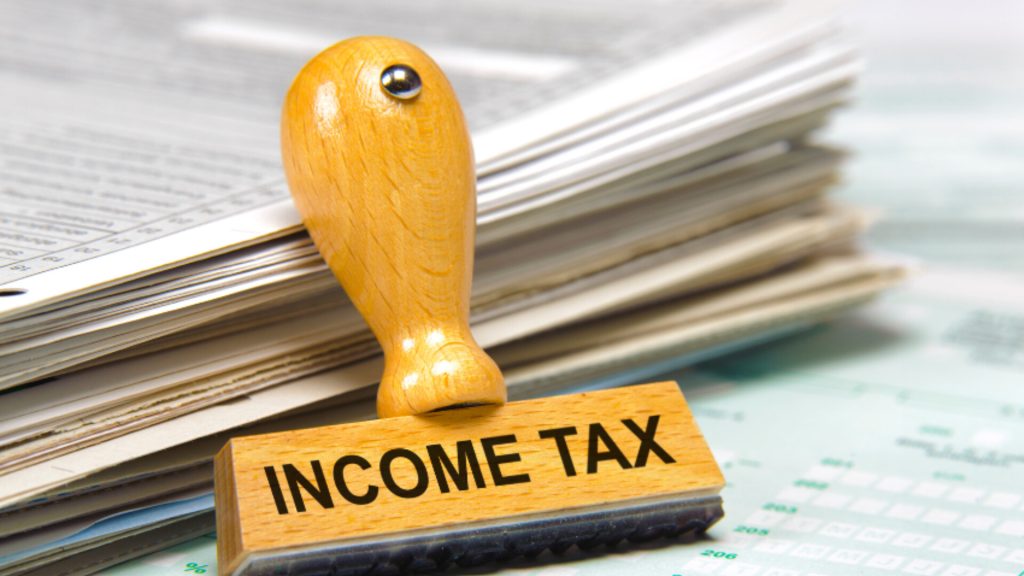
Eliminating income taxes could further exacerbate inequality. In addition, income taxes provide a stable source of revenue that is less susceptible to economic fluctuations.
Significant Revenue Losses for State and Local Governments
If Initiative 2111 passes, the state of Washington and its local governments stand to lose a major source of tax revenue. Personal income taxes currently make up about one-third of state tax collections nationwide.
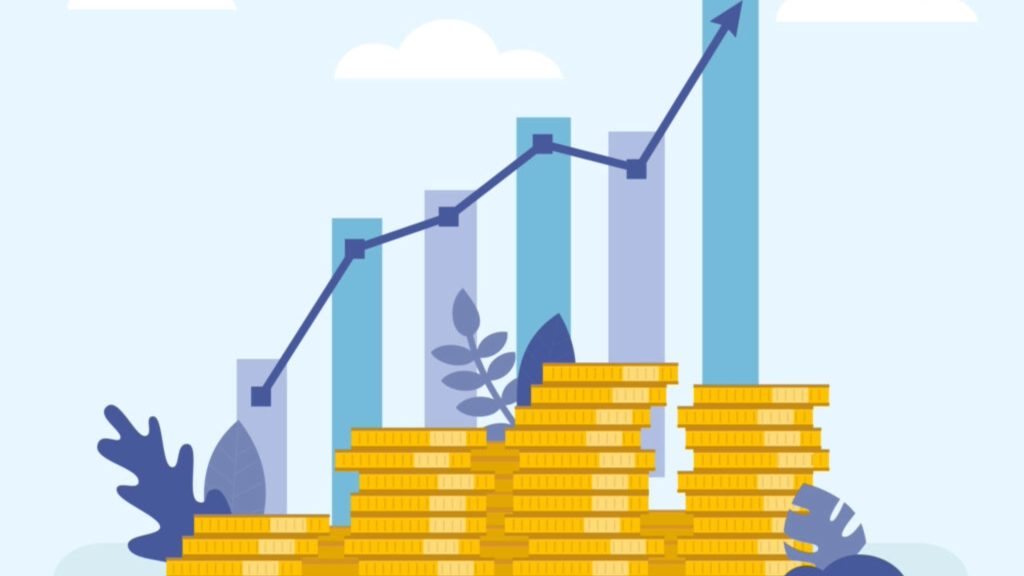
According to the Institute on Taxation and Economic Policy, states without a broad-based income tax, like Washington, tend to have higher sales and property tax rates.
Disproportionate Impact on Low-Income Households
An income tax ban will likely make Washington’s tax system more regressive. Sales and property taxes, which tend to be higher in states without an income tax, impact lower-income households the most since they spend a larger portion of their income on taxable goods and own a smaller share of valuable property.
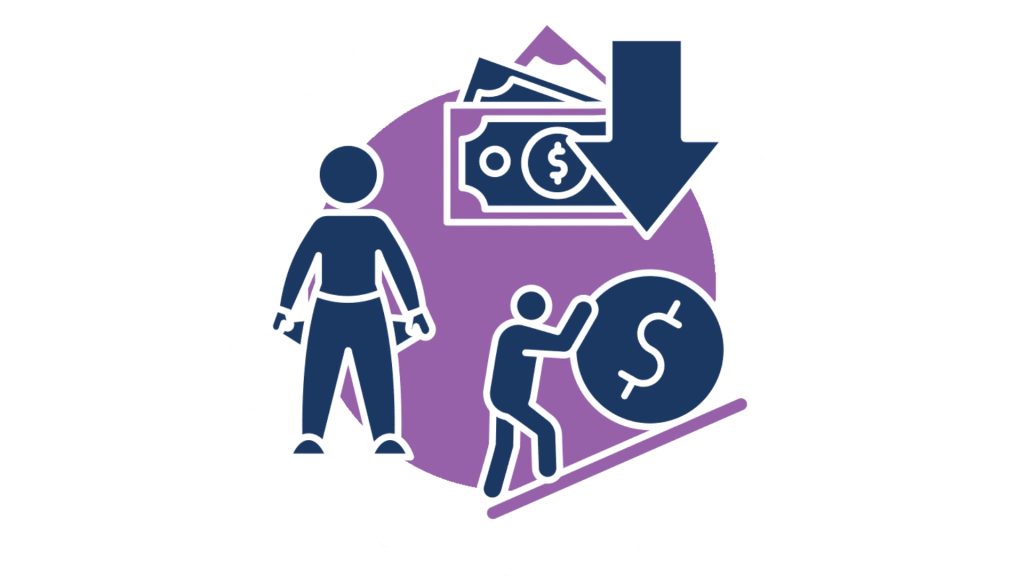
The burden of higher sales and property taxes would fall most heavily on middle- and low-income families in Washington. Wealthier households would benefit from eliminating the income tax while being less affected by increases in other taxes.
Reactions to the Income Tax Ban Initiative
The Income Tax Ban Initiative has garnered mixed reactions in Washington. Supporters argue that the measure would cement existing practices into law and honor voters’ long-standing opposition to income taxes.

Brian Heywood, a business owner from Redmond and backer of the initiative, claims that voters have rejected income taxes many times, and the initiative reflects their will. Republican Rep. Jim Walsh also supports the initiative despite budget surpluses.
Previous Attempts at Income Tax Reform in Washington
Washington state has a long history of failed attempts at implementing a personal income tax. In 1933, the Washington Supreme Court ruled that income taxes violated the state constitution.
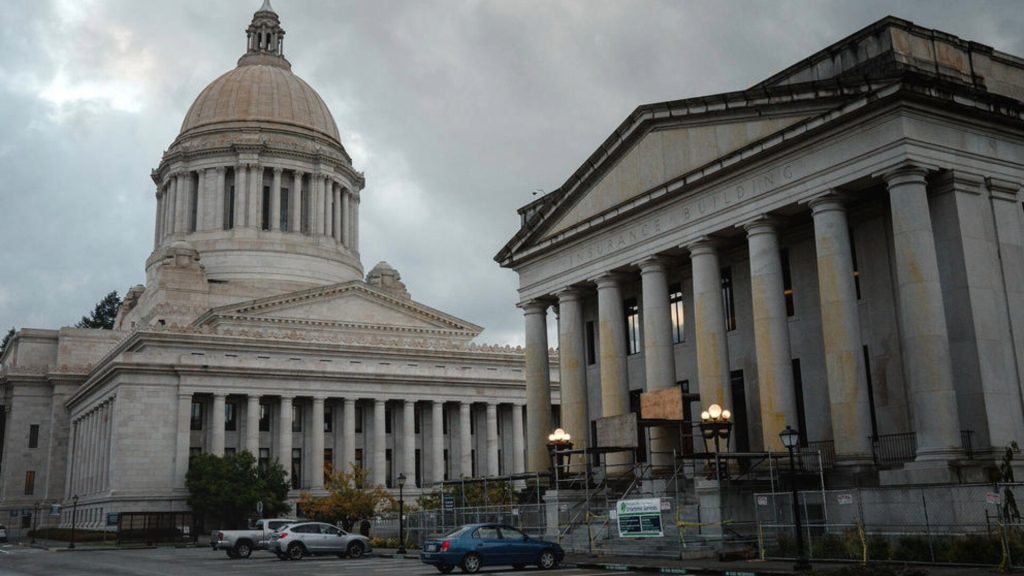
Since then, voters have rejected ten separate ballot measures proposing an income tax. Despite billions of dollars in budget surpluses, progressive lawmakers continue introducing income tax legislation, claiming the state’s tax code disproportionately burdens lower-income residents.
Next Steps if Initiative Passes
If Initiative 2111 is passed into law, several actions will need to be taken to implement the ban on personal income taxes. First, the state legislature will have to amend the current tax code to remove any existing provisions related to personal income taxes.
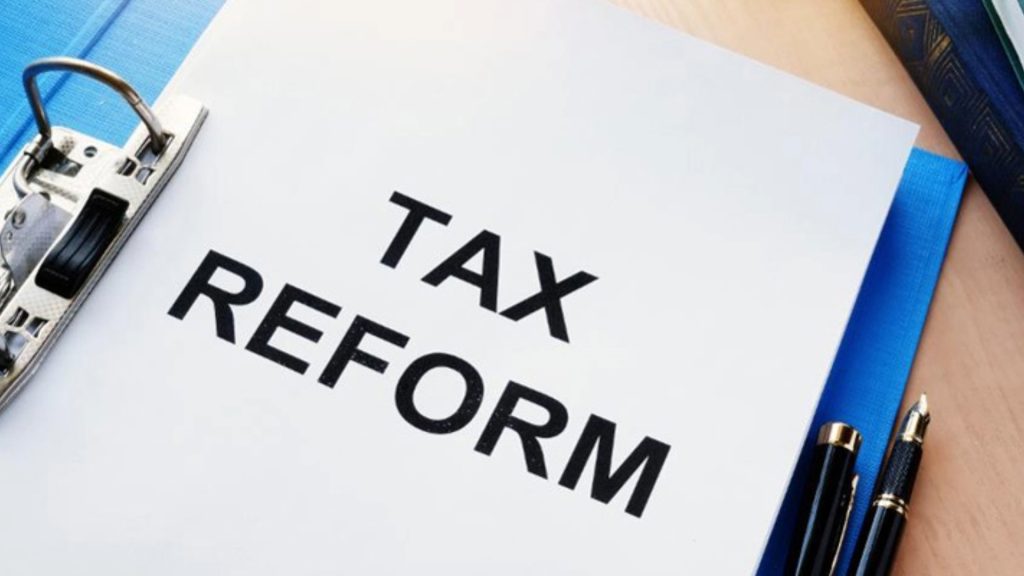
Though Washington does not currently collect such taxes, the relevant statutes will need to be formally repealed to fulfill the intent of the initiative.
A Controversial Proposal
Washington State’s Initiative 2111 is a controversial proposal that would require a two-thirds majority vote in the state legislature to raise taxes. While supporters argue the initiative promotes fiscal restraint, opponents contend it would make it nearly impossible to fund critical state services.
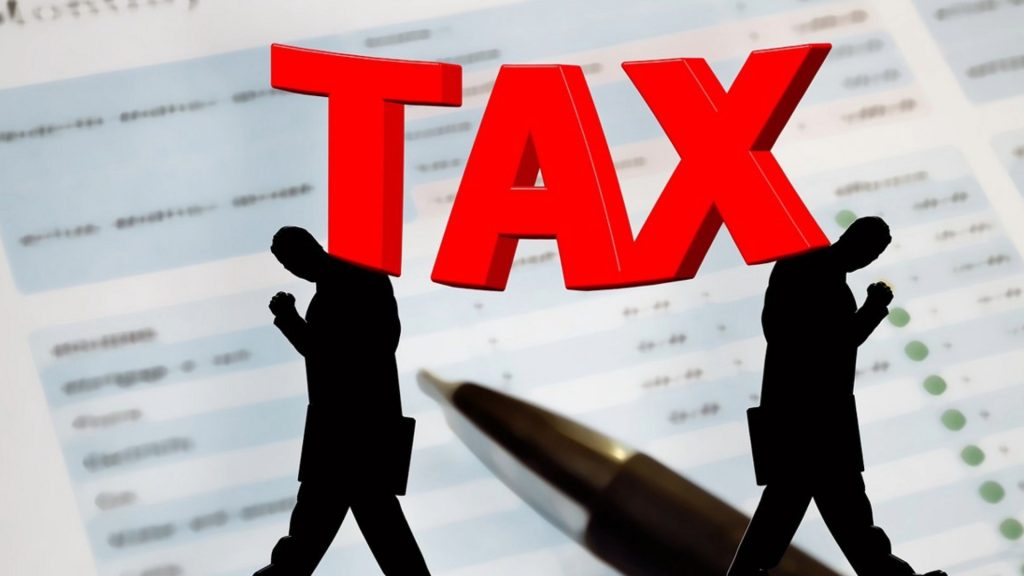
The fate of the initiative remains uncertain as voters prepare to weigh in during the November election. Regardless of the outcome, it is clear that taxation remains a highly divisive issue in Washington.

